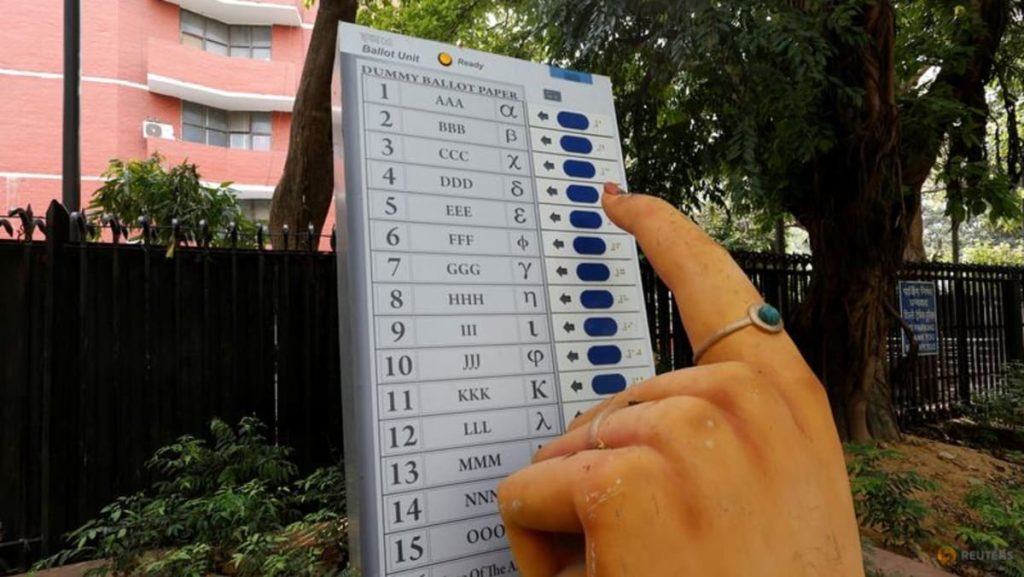are eligible to vote in the elections. Voting is done using Electronic Voting Machines (EVMs), which are designed to be simple and user-friendly. Each voter casts their vote by pressing a button next to the symbol of the candidate of their choice. The EVMs are considered to be safe and tamper-proof, with stringent security measures in place to prevent any form of manipulation.
The election process in India is a massive logistical operation, with over a million polling stations set up across the country to accommodate the vast number of voters. The Election Commission of India is responsible for overseeing the entire process, ensuring that it is conducted smoothly and without any irregularities. In order to ensure fairness and transparency, the commission deploys various measures, such as Voter Verified Paper Audit Trail (VVPAT) machines, which provide a paper trail to verify the accuracy of the votes cast.
Political parties and candidates campaign vigorously in the run-up to the elections, crisscrossing the country, holding rallies and public meetings, and using various forms of media to reach out to voters. The election campaign period is marked by intense competition, with parties making promises and accusations in a bid to win the support of the electorate. The issues that dominate the campaign vary from region to region, but common themes include development, security, corruption, and social welfare.
The outcome of the elections will have a significant impact on India’s future direction and governance. The ruling Bharatiya Janata Party (BJP), led by Prime Minister Narendra Modi, is seeking re-election, facing a tough challenge from the opposition Indian National Congress party, led by Rahul Gandhi. The BJP has campaigned on its record of economic growth and development, while the Congress has focused on issues such as unemployment, agrarian distress, and social welfare.
The results of the elections are likely to shape India’s political landscape for the next five years, determining the government’s policies and priorities. The vote is seen as a referendum on Prime Minister Modi’s leadership and his government’s performance in office. It will also be a test of the BJP’s ability to retain power and maintain its dominance in Indian politics. The outcome of the elections will be closely watched both within India and internationally, as it will have implications for India’s economy, security, and global standing.
As voting begins, there is a sense of excitement and anticipation among the Indian electorate, as they prepare to exercise their democratic right to choose their representatives. The elections are not just a political event but a celebration of democracy, with millions of people participating in the democratic process. The people of India have the power to shape their country’s future through their votes, and the elections are an opportunity for them to make their voices heard and bring about change.













